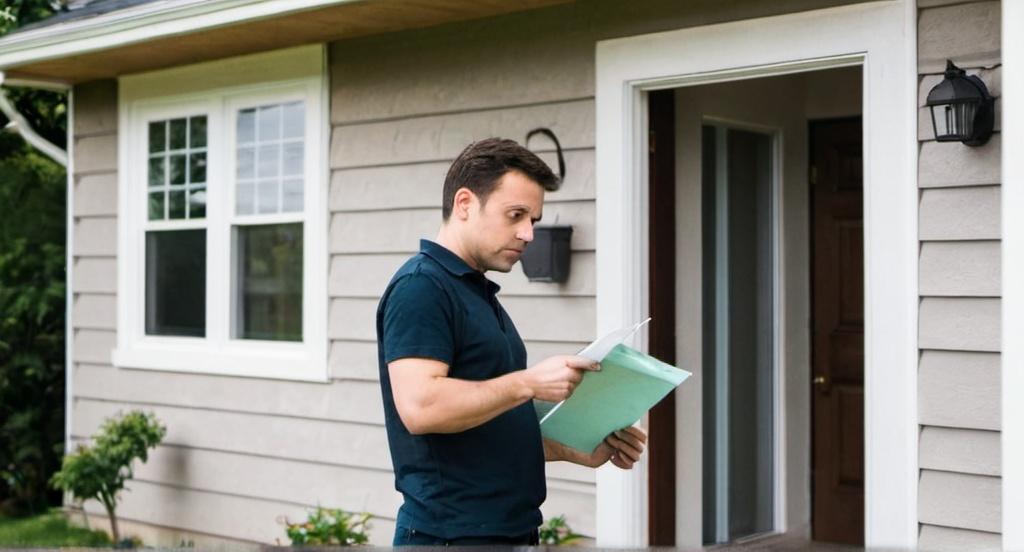Key Take Aways about International Student Guide to Renting in a New Country
- Research neighborhoods, focusing on proximity to university, public transport, and safety.
- Set a budget, including rent, utilities, and social activities; consider cost of living.
- Understand rental agreements; check terms, especially in a non-native language.
- Prepare for deposits, potential need for a guarantor, and related fees.
- View properties in-person or virtually; inspect maintenance, size, and noise.
- Negotiate rental prices; leverage student status if needed.
- Complete rental paperwork; ensure passports, visas, and enrollment proofs are ready.
- Be aware of tenant rights and obligations; use associations for disputes.
- Explore and integrate into the local community for a homely feel.

The Initial Steps
Moving to a new country is like stepping into a whole new chapter of life, especially when you’re an international student. It’s not just about finding a new place to stay but making it feel like home. And in the world of rent and real estate, there’s a lot to digest from understanding local laws to sorting out your budget and more. Now, let’s walk through some important aspects you’ll need to consider as you embark on this journey.
Researching Your Options
Finding a place to rent in a foreign country starts with good old-fashioned research. Begin by exploring neighborhoods online. Look into public transport links, local amenities, and safety stats. Students often opt for areas close to universities or colleges, which might be more expensive but convenient. Keep an eye on local forums or expat groups for firsthand recommendations.
Setting a Budget
Budgeting is crucial when renting, especially as a student. You need to factor in not just the rent but also potential utility bills, internet costs, and any other hidden charges that might crop up. It’s wise to allocate about a third of your monthly income towards rent. However, this rule of thumb can vary depending on the cost of living in the area. Always make sure you leave room for your essentials and, of course, a bit of social activity.
Understanding Rental Agreements
Rental agreements might seem like a bunch of gobbledygook, but they’re essential. Before signing anything, make sure you’ve understood all the terms. Pay close attention to the rent amount, duration, and policies on breaking the lease. Things like notice periods and renewal options must be clear. If English isn’t the primary language of the country, consider getting a translation or asking a local friend for help.
Deposits and Guarantors
Most landlords request a security deposit, typically the equivalent of one to two months’ rent. This amount is refundable, assuming there’s no damage to the property. Also, some landlords might require a guarantor, someone who promises to pay your rent if you can’t. If you don’t have a local guarantor, some companies offer services to act as one, although this typically comes with a fee.
Viewing Properties
Once you’ve got a shortlist, it’s time to view some properties. If you’re already in the country, try to arrange in-person visits. This won’t only give you a real feel of the space but also the opportunity to check for any maintenance issues like leaky taps or mold. If you’re still abroad, virtual tours are a good alternative. Pay attention to the room sizes, natural light, and even noise levels from neighbors or streets.
Negotiation Tactics
Negotiation isn’t just for markets; it works in real estate too. If a rental seems a tad pricey, don’t be afraid to make a counter-offer. Sometimes landlords are open to negotiation, especially if the property’s been on the market for a while. Highlighting your status as a responsible student might play in your favor too.
The Paperwork Marathon
Once you’ve settled on a place, brace yourself for paperwork. Beyond the rental agreement, you’ll likely need copies of your passport, visa, and proof of enrollment. Some landlords may also request proof of income or financial support. Double-check everything before handing it over to ensure you provide exactly what’s required.
Tenant Rights and Obligations
Knowing your tenant rights is critical. In most countries, landlords must maintain livable property conditions, while tenants are responsible for keeping it clean. If disputes arise, many regions offer tenant associations or ombudsman services to mediate.
Adapting to Your New Home
Once settled, getting to know your local area helps in feeling at home. Establishing routines, joining student groups, or participating in community events can ease the transition. Remember, your new place isn’t just a roof over your head; it’s your home base for the duration of your studies.
Renting in a new country is a learning experience, sure, but one that’s rewarding in the end. You end up with a greater understanding of not just the mechanics of renting, but of the local culture and lifestyle too. So, embrace this chance with open arms, do your homework, and you’ll be sipping your morning coffee in your new digs in no time.